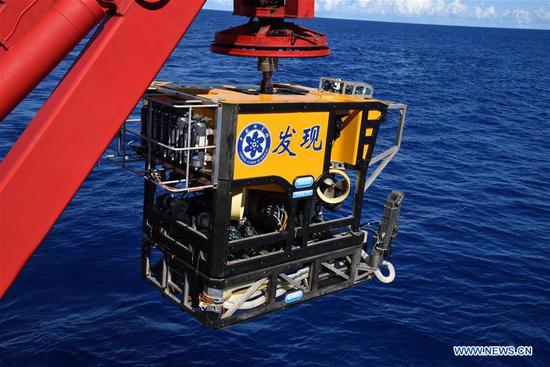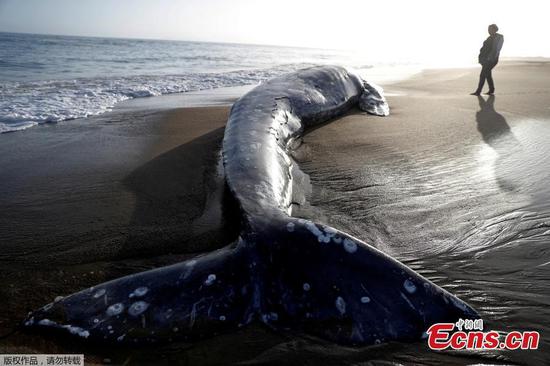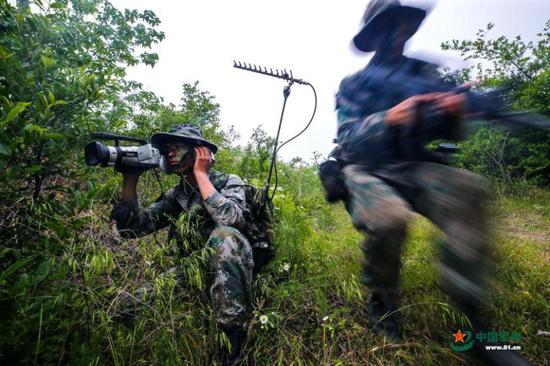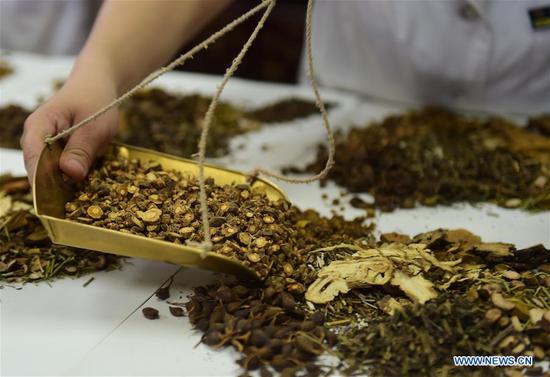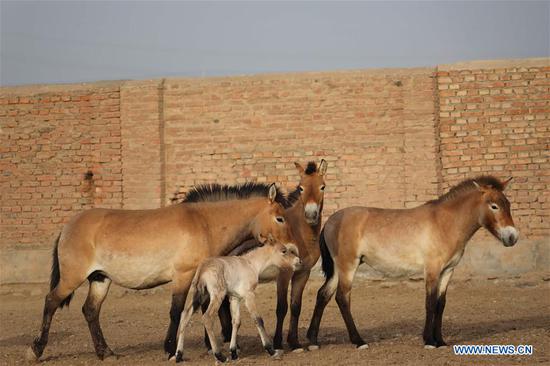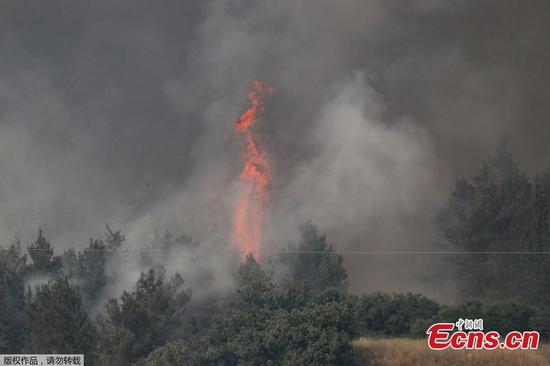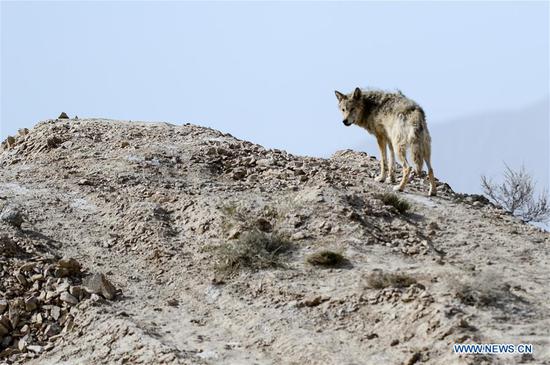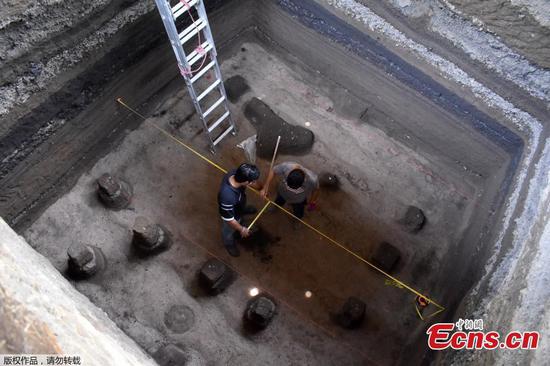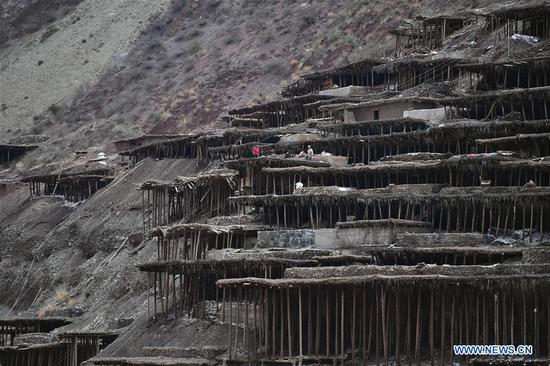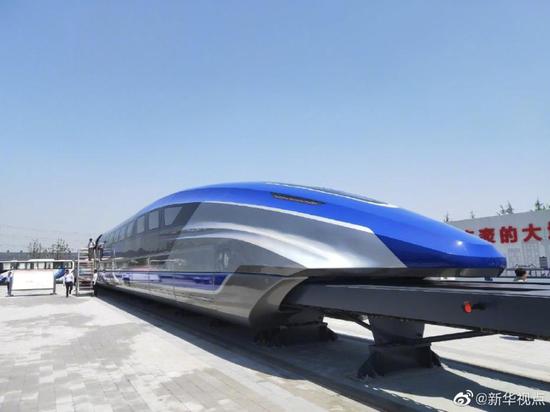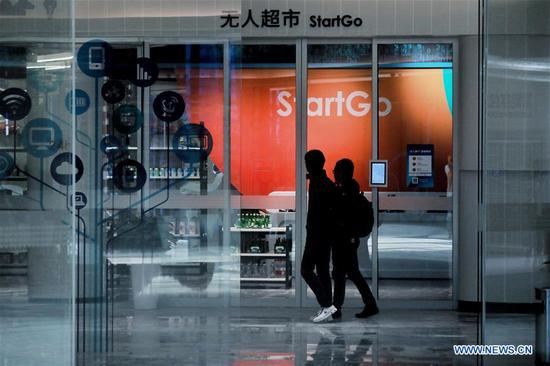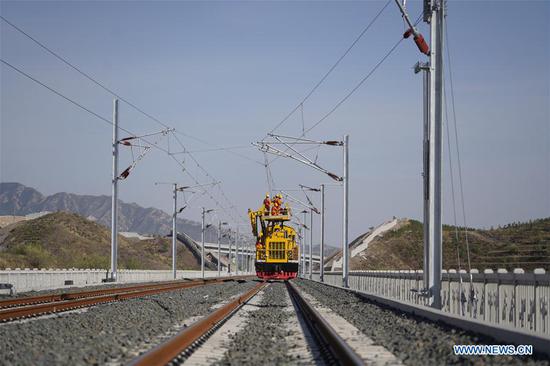John Boyd Jr., a fourth-generation farmer in the U.S. state of Virginia, has only planted about one fourth of his soybean crop so far this year.
"If my crop isn't planted one month from right now ... then it's all over for me, and not just for me, (but also) for other American farmers," Boyd told Xinhua in a recent interview. "I am part worried and part frustrated and I'm very disappointed."
While the U.S. government last year offered 12 billion dollars to help farmers weather the fallout, "I haven't received a dime of that," Boyd said, noting that the process has been slow.
"I don't want the aid. I want a fair price for my crop," said the farmer.
A second round of financial support to offset farm losses is only "a partial and temporary Band-Aid" and not a permanent solution for soy growers who have lost their number one export market, according to the American Soybean Association (ASA).
"Farmers are resolute that the only real solution is to take away the tariffs that have hemorrhaged our sales and landed our relationship with China on life support," said Davie Stephens, president of the ASA.
Ben Scholz, president of the National Association of Wheat Growers, said that he hopes to work with the Trump administration to quickly finalize other trade agreements that will open up new markets for wheat farmers.
"While we appreciate the trade mitigation program, it doesn't make farmers whole. The United States exports 50 percent of its wheat, which means we need a long-term solution," he said.
The trade aid package also drew criticism from U.S. lawmakers, as the lack of a long-term strategy and stability adds further uncertainty for farmers.
"I have a number of concerns about whether this plan is fair and equitable to all farmers. Government checks are no replacement for lost markets, and this temporary support will only go so far," said Debbie Stabenow, ranking member of the U.S. Senate Committee on Agriculture, Nutrition, and Forestry, in a statement.
"Too many farmers are struggling as this administration continues to pursue a chaotic trade agenda. Our farmers need a focused strategy, access to export markets and long-term stability," Stabenow said.
Michael Bennet, a Democratic senator from the U.S. state of Colorado, said the trade aid package is further evidence that the administration's "disastrous policies are inflicting lasting damage on American agriculture."
"No one wins in a trade war," Bennet said. "Our farmers and ranchers deserve a trade agenda that provides the security and stability they need to plan for the long term and provide for their families."
Critics also argued that it is inequitable to use taxpayers' money to help just one industry harmed by U.S. trade policies, especially as agriculture is already one of the most subsidized and protected industries in the United States.











